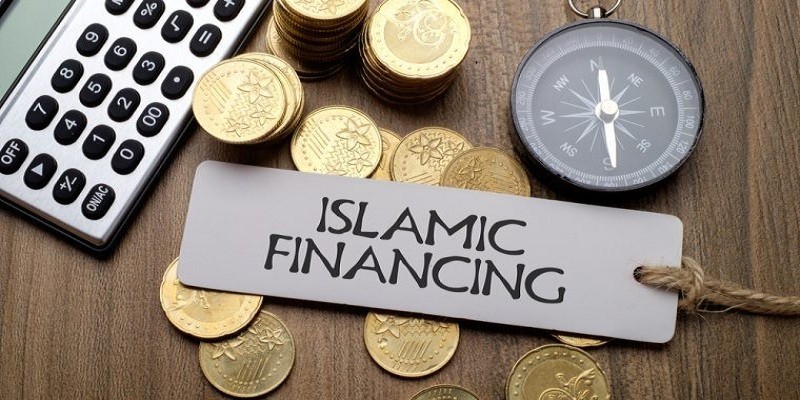
Islamic finance offers a framework rooted deeply in ethics fairness and social responsibility. It gains global recognition rapidly. Many discover its principles which align with Islamic values and present sustainable economic solutions.
At its core Islamic finance operates in accordance with Shariah law prohibiting practices like riba and gharar. These principles ensure wealth is earned through legitimate means creating a transparent system.
One unique aspect of Islamic finance is risk-sharing where parties share profits and losses. Mudarabah contracts involve capital and expertise to generate profits shared according to a pre-agreed ratio. Musharakah involves joint investment with risks and returns divided equitably.
Islamic finance focuses heavily on asset-backed financing which minimizes financial instability and fosters real economic growth rapidly. Unlike conventional systems Islamic finance requires tangible assets underpin transactions. Ijara and Murabaha are popular tools aligning with these principles perfectly.
For instance in Murabaha a financial institution purchases an asset resells it at a marked-up price ensuring transparency.
Islamic finance prioritizes society's welfare through Zakat promoting economic equality significantly. Institutions contribute a portion of their wealth supporting underprivileged communities.
Globally Islamic finance witnesses exponential growth with assets surpassing $3 trillion recently. Its appeal extends beyond Muslim-majority countries rapidly. Non-Muslim nations like UK Singapore and South Africa have embraced Islamic financial products recognizing potential.
These products attract diverse investors promote ethical practices effectively.
Individuals and businesses find Islamic finance offers a fresh perspective. Running a business with funding sources that align morally is crucial. Managing wealth in a way that benefits not only you but also uplifts community is essential. This system provides solutions for those seeking ethical alternatives offering tools like Islamic savings accounts and sukuk. Islamic finance is a vision of fairness sustainability and shared prosperity.
As world becomes aware of need for ethical practices Islamic finance principles provide a model for achieving economic justice. Institutions can contribute to a system that balances profit with purpose paving way for a more equitable economy.



